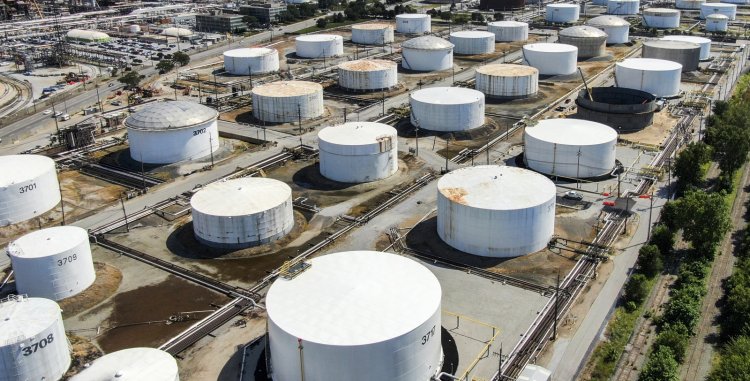The data was released by senior engineer at the Ministry of Energy and Water João Fernandes, when opening the conference on "Renewable Energy in Angola, Framework and Challenges", organized by Standard Bank and PLMJ Colab Angola – RVA Advogados.
According to João Fernandes, renewable energy will save millions of cubic meters of fuel every year, reduce the very high operating and maintenance costs of thermal power plants, and, above all, boost access for millions of Angolans and companies, located in the areas to be covered.
The official highlighted that, in 2015, the electrical generation capacity in Angola was around 2,356.4 Megawatts (MW), of which 39 percent were hydroelectric and 61 percent were diesel thermal generators.
"Eight years later, generation capacity increased 2.5 times more and today generation capacity is 6,320.43 MW, with 39 percent hydro generation having catapulted to around 60 percent, thermal generation having declined from 61 percent, in 2015, to around 36 percent, in 2023, and around 4 percent of photovoltaic solar generation was introduced, with the entry into operation, in the province of Benguela, of the Biópio and Baia Farta plants, with 188.8 MW and 96.7 MW, respectively, corresponding to a total of 285.5 MW of installed capacity", he added.
Speaking to the press, the executive director of Standard Bank Angola, Ricardo Ferreira, said that the meeting served to discuss how to obtain financing to promote this ecosystem, "which can clearly be the engine of economic growth in Angola".
Ricardo Ferreira highlighted that Angola is already considered to have potential for exporting energy to Southern Africa, through transmission lines to countries with an energy deficit, having been making investments in this direction in recent years.
The executive director of Standard Bank Angola highlighted that this bank "is a relevant part of financing the sector in Angola", and that its focus is to align its strategy with the Angolan executive's National Development Plan.
The official stressed that the State leads the implementation of the sector's major projects and banks alone or in syndicate carry out loans to the Angolan State, but "what we want is for there to be a promotion of the private sector, with public-private partnerships".
"For this we have to attract not only international investors, with whom we have had several meetings and for which it is necessary to create some guarantees, because capital comes where it is welcome, but to be welcomed it has to be let it go out, it has to be guaranteed that it gets in and out and this regulation and comfort on the part of the Government has to be created to attract international investors", he said.
Standard Bank, added Ricardo Ferreira, has a list of projects under analysis, which exceeds two billion dollars, so "there is limited capacity to do everything that is the country's ambition", indicating its participation in construction of a dam with a loan to the State of over 100 million dollars.
In turn, Renata Valenti, partner at PLMJ Colab Angola – RVA Advogados, a law firm based in Portugal, noted that access to energy is not yet universal, especially in rural areas, and there is a need to expand electrification.
For Renata Valenti, the State cannot be the only financier of these projects if Angola intends to achieve the goals it has set for the coming years, which also coincide with the Sustainable Development Objectives.
Renata Valenti stressed that the office is involved in some projects, but the main interest has to do with the regulatory process, with the need for the legal framework to keep up with the needs of investors.
"Unfortunately, we jurists seem to be behind the market. The market has needs, projects are already happening and we need to be faster in creating a legal framework that facilitates private sector intervention. It is not yet designed completely like this, but there has been a lot of discussion and the openness of the State is great", said the lawyer, highlighting that the main difficulties relate to guarantees, exchange rate fluctuations and liberalization of the electricity transport market.







